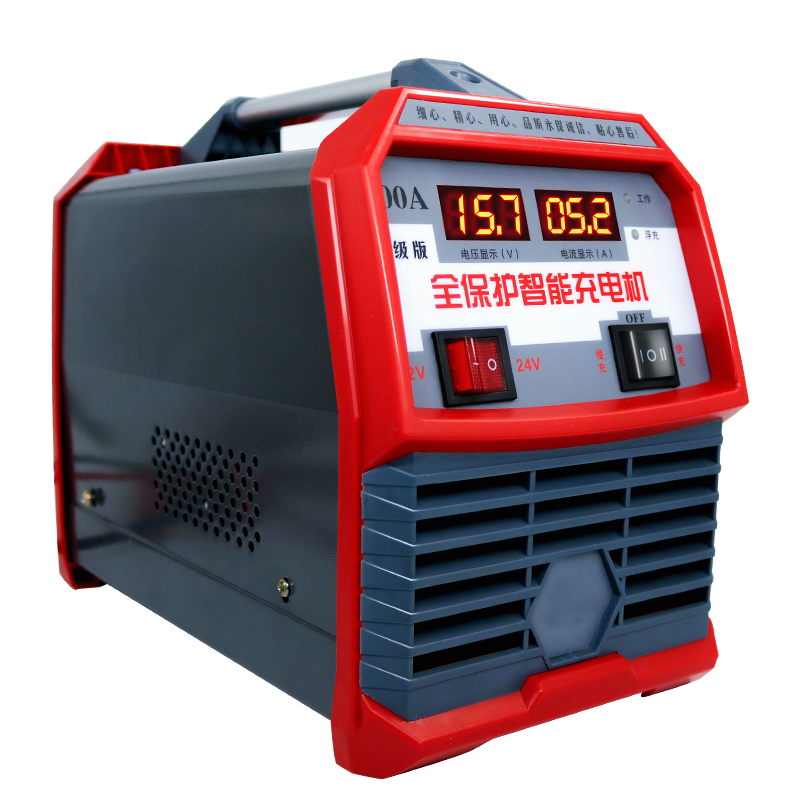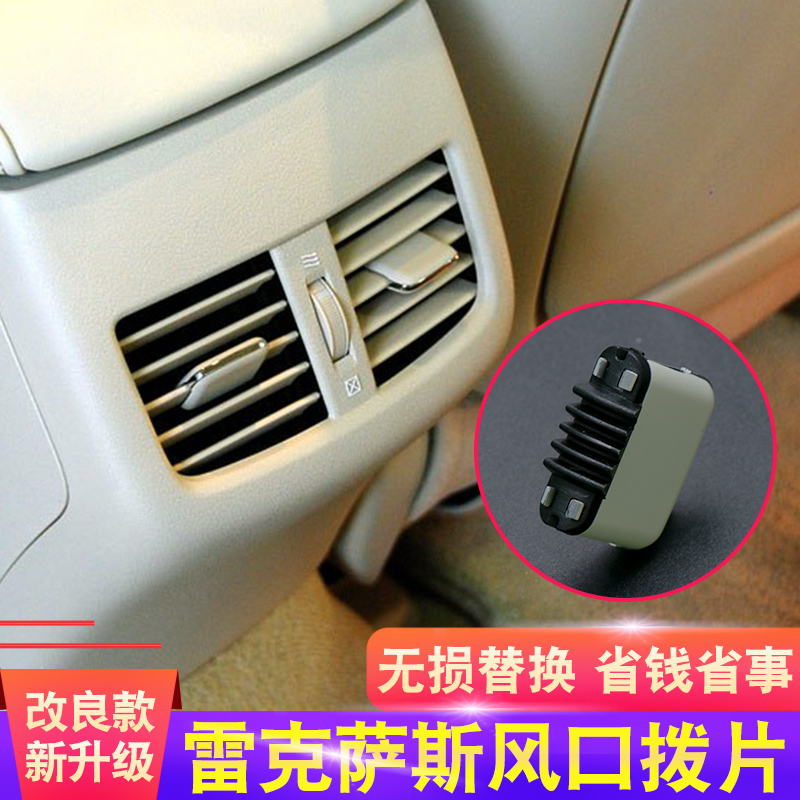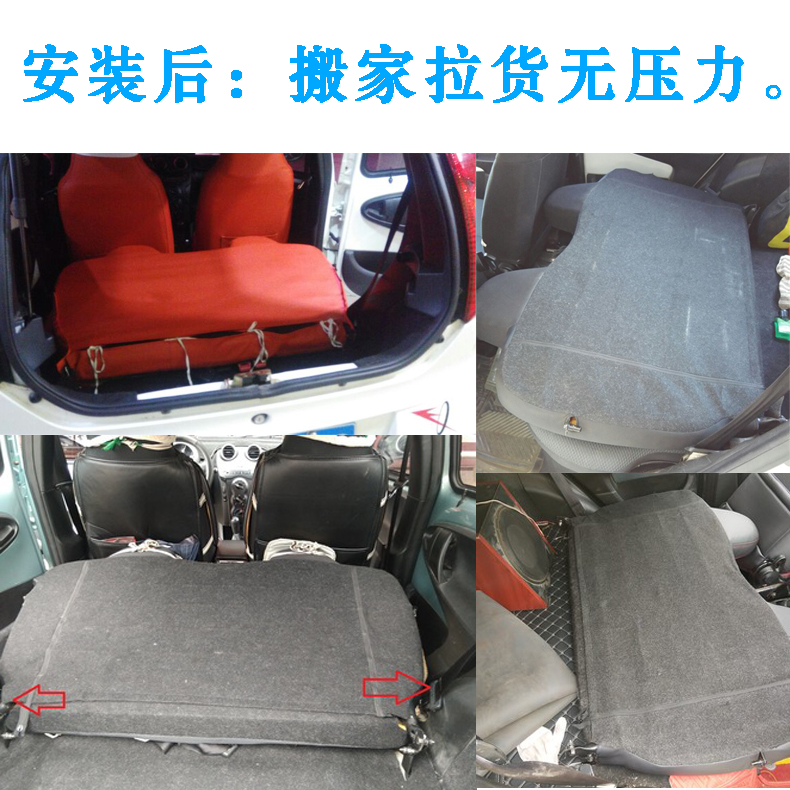欢迎来到 阳泉市某某投资咨询有限责任公司
全国咨询热线: 020-123456789

联系我们
Gov't approves import of N. Korean bottles of water
来源:阳泉市某某投资咨询有限责任公司 更新时间:2024-10-30 10:24:55
By Yi Whan-woo
The government said Wednesday it has approved a civic group's plan to bring in over 40,000 bottles of water produced in North Korea as donation from a Korean-Chinese businessman.
This will be the first time North Korean goods will be brought to South Korea after Seoul imposed sanctions banning all cross-border trading activities on May 24, 2010.
The Ministry of Unification said the government's measure is aimed at encouraging civil exchanges between the two Koreas and therefore does not violate the U.N. Security Council (UNSC) and Seoul's own sanction on Pyongyang.
Some analysts, however, warned that the measure could be misunderstood by the United States and other countries.
According to the ministry, it recently permitted a group of civic activists advocating peaceful inter-Korean unification to bring in a total of 40,620 bottles of water from North Korean port of Nampo by ships via China.
The products have arrived in Incheon and are awaiting customs clearance.
The importation of the 500-milliler bottles of water, worth over 8 million ($7,100), received approval because they were donated by an ethnic Korean entrepreneur in China, according to ministry spokesman Baik Tae-hyun.
He said the bottled waters are to be strictly used for religious rituals and will not be for sale, downplaying speculation that the Moon Jae-in administration is being loose in observing sanctions on the North.
"The government measure was taken after considering civil exchanges between the two Koreas. It has nothing to do with the U.N. resolutions," Baik said during a regular press briefing. "The government will continue to impose its own sanctions against North Korea faithfully in line with international efforts."
Baik added the government will consider taking relevant measures if the bottled waters are not used for other than their original purpose.
A different ministry official agreed, saying, "The import of North Korean goods meets President Moon's goal of expanding civil exchanges across the border."
"The civic group requested North Korea-produced water exclusively for religious purpose. We allowed them to do so by making sure that it did not violate sanctions on Pyongyang," the official added.
He argued that Seoul, even after the so-called May 24 Measures were imposed, allowed civilians to bring in North Korean good such as books when their use was not for commercial purposes.
But Park Won-gon, an international relations professor at Handong Global University said he is concerned about the measure.
"Technically, the import of the bottled water is not a problem at all because it is not in violation of the UNSC resolutions. But it can send a misleading sign to the international community at a time when the U.S. is trying to block trade routes to North Korea. Such a sign can grow if trade in North Korean goods is made in the form of donations and cash flows into the repressive state."
A defector-turned researcher agreed.
"I'm concerned that using a third person such as a Korean Chinese entrepreneur can be exploited to bring out North Korean goods in return for money," he said on condition of anonymity.
Among the 40,620 bottles, 40,600 of them are "Mount Kumgang Spring Water."
This was the first North Korean water brand introduced to South Korea in the mid-1990s. It went on sale here after the two Koreas set up a joint venture for mass production but sales have been suspended since May 24, 2010, when Seoul slapped sanctions on Pyongyang in retaliation for it sinking the South Korean Navy frigate Cheonan in March that year.
The government said Wednesday it has approved a civic group's plan to bring in over 40,000 bottles of water produced in North Korea as donation from a Korean-Chinese businessman.
This will be the first time North Korean goods will be brought to South Korea after Seoul imposed sanctions banning all cross-border trading activities on May 24, 2010.
The Ministry of Unification said the government's measure is aimed at encouraging civil exchanges between the two Koreas and therefore does not violate the U.N. Security Council (UNSC) and Seoul's own sanction on Pyongyang.
Some analysts, however, warned that the measure could be misunderstood by the United States and other countries.
According to the ministry, it recently permitted a group of civic activists advocating peaceful inter-Korean unification to bring in a total of 40,620 bottles of water from North Korean port of Nampo by ships via China.
The products have arrived in Incheon and are awaiting customs clearance.
The importation of the 500-milliler bottles of water, worth over 8 million ($7,100), received approval because they were donated by an ethnic Korean entrepreneur in China, according to ministry spokesman Baik Tae-hyun.
He said the bottled waters are to be strictly used for religious rituals and will not be for sale, downplaying speculation that the Moon Jae-in administration is being loose in observing sanctions on the North.
"The government measure was taken after considering civil exchanges between the two Koreas. It has nothing to do with the U.N. resolutions," Baik said during a regular press briefing. "The government will continue to impose its own sanctions against North Korea faithfully in line with international efforts."
Baik added the government will consider taking relevant measures if the bottled waters are not used for other than their original purpose.
A different ministry official agreed, saying, "The import of North Korean goods meets President Moon's goal of expanding civil exchanges across the border."
"The civic group requested North Korea-produced water exclusively for religious purpose. We allowed them to do so by making sure that it did not violate sanctions on Pyongyang," the official added.
He argued that Seoul, even after the so-called May 24 Measures were imposed, allowed civilians to bring in North Korean good such as books when their use was not for commercial purposes.
But Park Won-gon, an international relations professor at Handong Global University said he is concerned about the measure.
"Technically, the import of the bottled water is not a problem at all because it is not in violation of the UNSC resolutions. But it can send a misleading sign to the international community at a time when the U.S. is trying to block trade routes to North Korea. Such a sign can grow if trade in North Korean goods is made in the form of donations and cash flows into the repressive state."
A defector-turned researcher agreed.
"I'm concerned that using a third person such as a Korean Chinese entrepreneur can be exploited to bring out North Korean goods in return for money," he said on condition of anonymity.
Among the 40,620 bottles, 40,600 of them are "Mount Kumgang Spring Water."
This was the first North Korean water brand introduced to South Korea in the mid-1990s. It went on sale here after the two Koreas set up a joint venture for mass production but sales have been suspended since May 24, 2010, when Seoul slapped sanctions on Pyongyang in retaliation for it sinking the South Korean Navy frigate Cheonan in March that year.
城市分站
友情链接
https://wsopgg.com/archives/1678 https://wsopgg.com/archives/1703 https://wsopgg.com/archives/1657 https://wsopgg.com/archives/1667 https://wsopgg.com/archives/1688 https://wsopgg.com/archives/1635 https://wsopgg.com/archives/1647 https://wsopgg.com/archives/1674 GGpoker官网 GG扑克 GGPoker GGPoker GG扑克 GGpoker官网 GG扑克注册 GG扑克 GG扑克注册 GGpoker注册 GG扑克下载 GGPoker GG扑克下载 GG扑克 GG扑克 GGpoker注册 GG扑克注册 GGpoker下载 GG扑克官网 GG扑克 GGpoker官网 GGpoker下载 GGpoker官网 GGpoker注册 GG扑克注册 GG扑克下载 GG扑克注册 GGpoker官网 GG扑克下载 GGpoker注册 GG扑克注册 GG扑克官网 GGpoker下载 GG扑克官网 GG扑克下载 GG扑克官网 GGpoker下载 GGpoker注册 GG扑克下载 GGPoker GG扑克官网 GG扑克官网
联系我们
Copyright © 2024 Powered by 阳泉市某某投资咨询有限责任公司 sitemap



